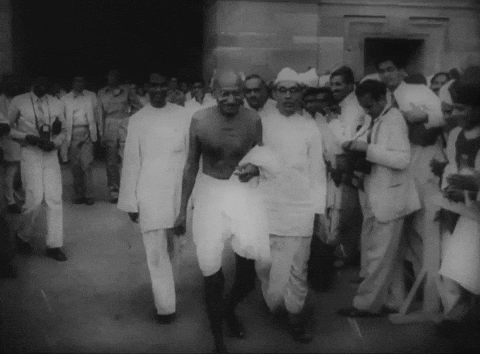Strategic Leadership Analysis
Gandhi archetypes use discipline, symbolism, and collective action to erode injustice without replicating violence. You hold steady under provocation, reminding everyone that means and ends must align.
Strengths
- Transforms values into consistent daily practice
- Mobilizes communities around ethical clarity
- Stays composed under provocation
- Uses storytelling and ritual to maintain momentum
- Aligns tactics tightly with purpose
Pressure Points
- Slow methods frustrate fast-moving peers
- Self-denial can distance you from collaborators
- May underestimate those who ignore rules
- Intolerance for compromise can stall progress
- Needs practical operators to convert vision into policy
Relationship Operating System
You resonate with partners who cherish intentional living. Shared rituals and honest dialogue keep conviction from slipping into judgment.
Deployment Zones
Peacebuilding, social movements, ethics and compliance, sustainable business, mindful leadership coaching
Leadership Lessons to Apply Today
Balance discipline with compassion for yourself. Partner with executors who can translate your moral north star into pragmatic wins.



